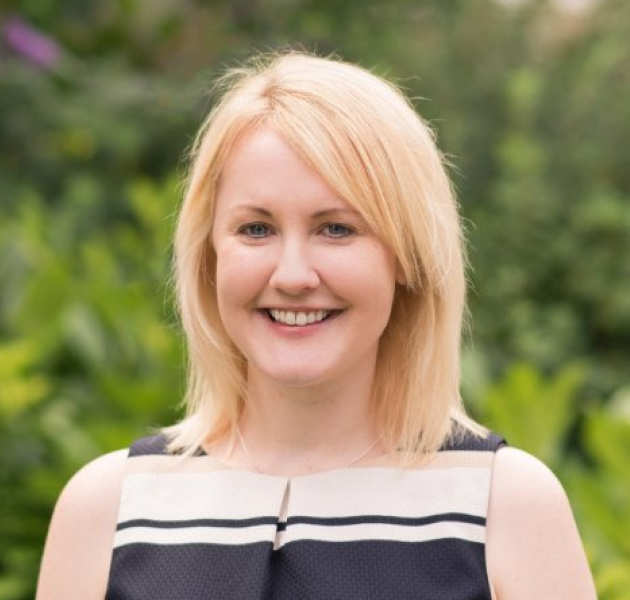Sophie Welch - Nurse
 RESEARCH: TREATMENT DECISION-MAKING IN HEART FAILURE
RESEARCH: TREATMENT DECISION-MAKING IN HEART FAILURE
How did you get into research?
Since graduating as a nurse I have worked in cardiology both in the UK and abroad. In 2012 I started the Cardio-respiratory nursing MSc at Imperial College which combined academic and clinical elements which I really enjoyed. This motivated me to move from my clinical nursing position in to cardiovascular research in the hospital’s Biomedical Research Unit. In 2014 I was awarded a distinction for my MSc and to further my research and academic development I decided to apply for the PhD programme.
What do you enjoy about research?
I believe research is necessary to expand our knowledge-base, allow us to challenge current practice and improve the experience of patients and their outcomes. I am interested in learning about new treatments and novel therapies in heart failure. What I enjoy the most is being able to pass this on to patients and their families, so they are informed and supported when making treatment decisions. By going to scientific meetings I have learned from experts in the field, shared knowledge and experience with others and listened to new perspectives that have helped inform my own research and practice.
What was the most difficult aspect of doing your PhD?
I am now entering my third and final year of my PhD so the pressure is on. Despite the dedication and hard work required for a PhD, I have really enjoyed this journey and learnt so much. My biggest challenge has probably been managing my time effectively. With so many different and interesting avenues to pursue, and offers of exciting collaborations, it can be difficult to stay on track. For me, being realistic about what I could achieve was important.
What difference has your research training and experience made to your career?
Through national and international collaborations, I have been lucky enough to increase my visibility as a researcher. This has included invitations to present at scientific meetings and the opportunity to review academic papers by journal editorial boards. These experiences have informed my own clinical practice and research. On completion of my PhD I hope to continue this combined work so that I can further my career in academia but importantly maintain patient contact, as this was the reason I chose a career in nursing.
What has made a difference to progressing your research career?
Developing strong, supportive networks early on is a priority, and many of the opportunities I have had would have only been possible with the support of my supervisors and collaborators. One of these development opportunities was my invitation to become a nucleus member of the Heart failure specialists of Tomorrow (HoT), part of the Heart Failure Association (HFAHFA ) of the European Society of Cardiology (ESC). Through working with international experts in the field, this role has supported me to raise the profile of heart failure nursing through a society that is geared towards interdisciplinary collaboration. Working with the HFAHFA has provided me with opportunities to be involved in pan-European projects and develop links with national societies, including the British Society for Heart failure (BSH).
Where do you see your clinical academic career going over the next five years?
My career goals focus largely on a progressive future in heart failure research. Once I have completed the PhD I hope to apply for a post-doctoral research position combining both academic and clinical practice. I am passionate about supporting nurses through teaching and supervision to develop both clinically and academically. I hope to develop these skills and support nurses to develop their careers through advanced research programmes including MSc and PhD.
Sophie Welch, Heart Failure Research Nurse, Royal Brompton & Harefield NHS Foundation Trust, s.welch@rbht.nhs.uk
To download Sophie's case study please click here: Sophie Welch


